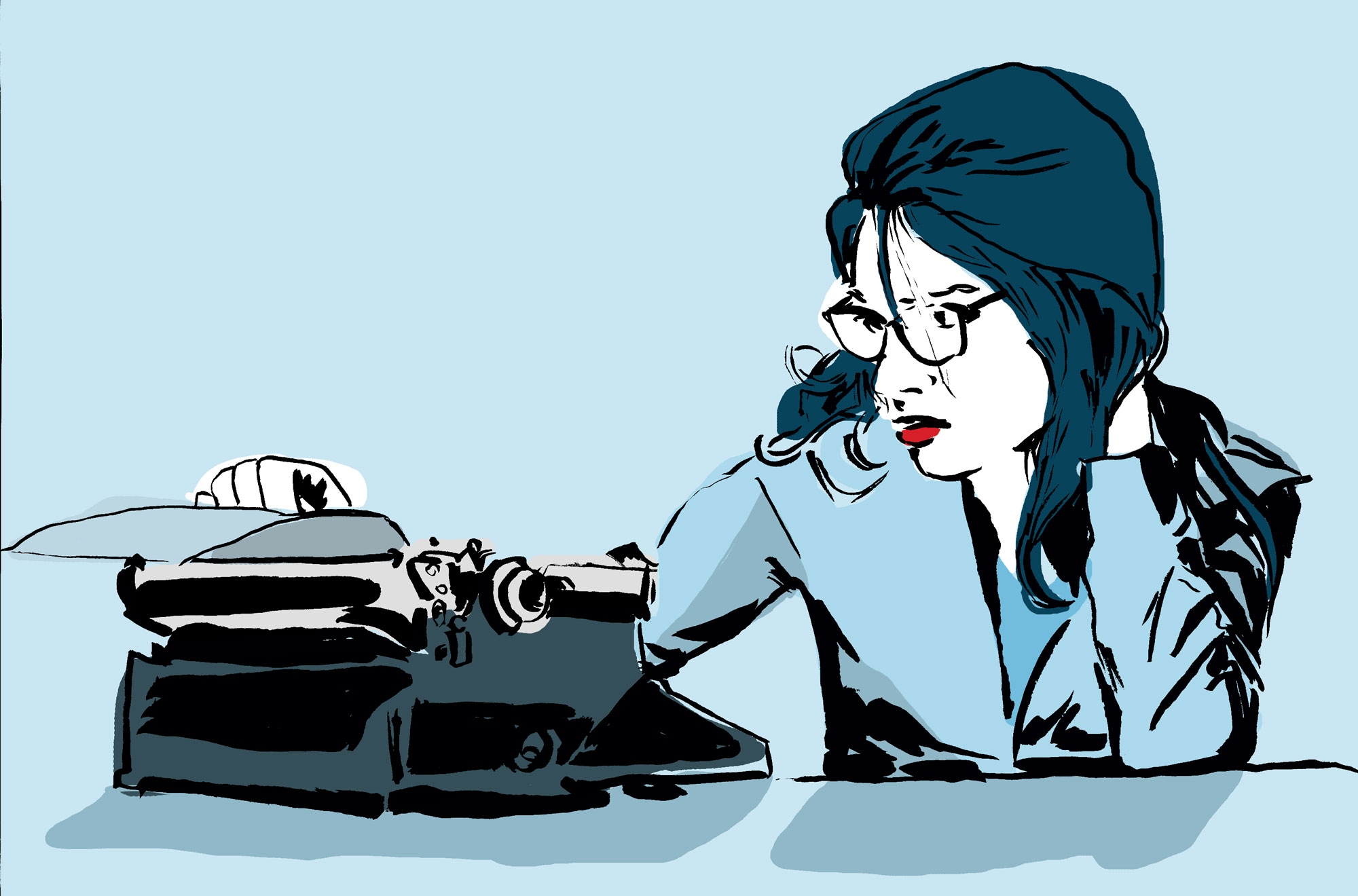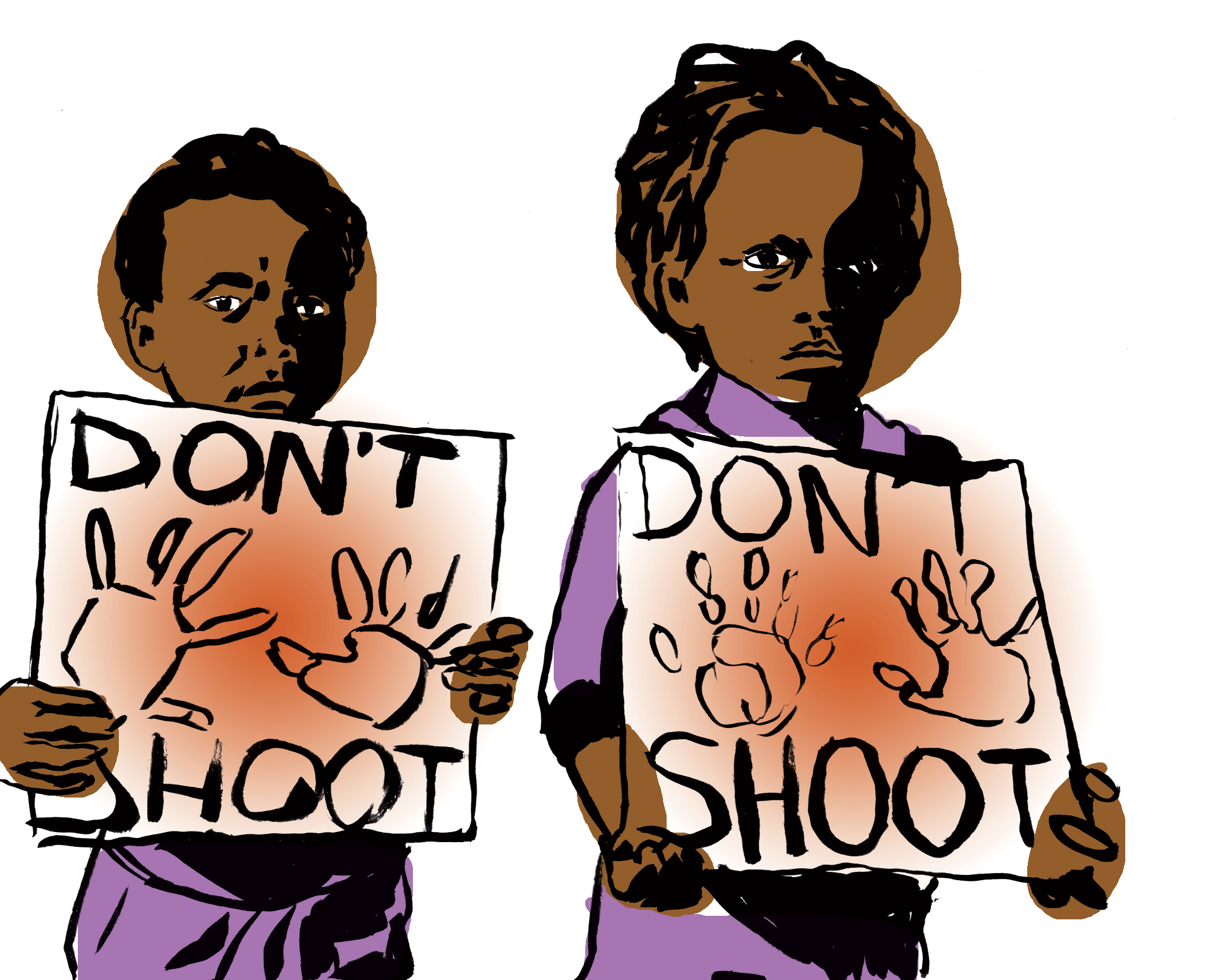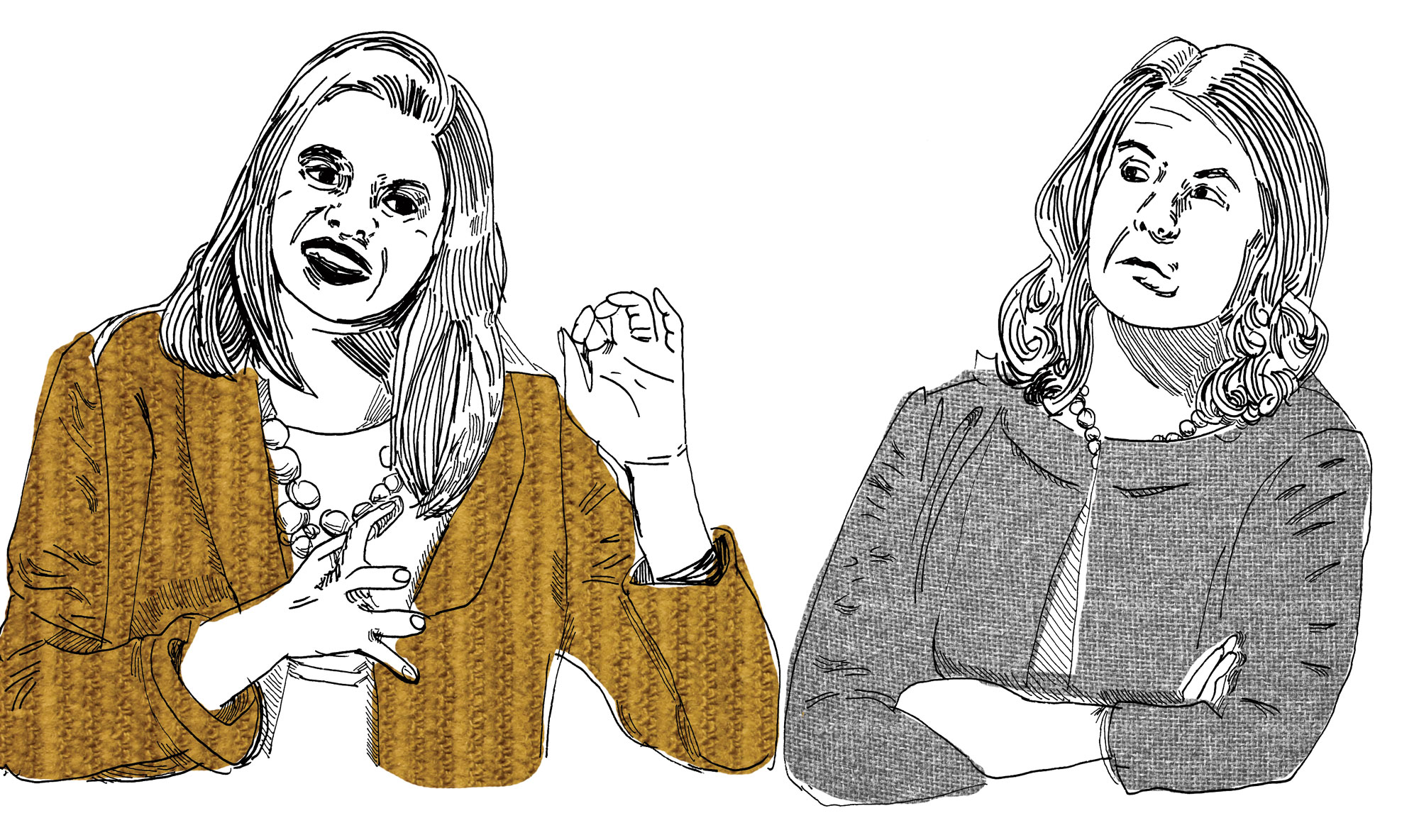
When asked to answer a question — really any question — about writing, the author Stephen Burt responded by composing a written conversation between himself and his female persona Stephanie. “Hi Stephen! It’s weird to correspond this way, where we agree to write everything down: but it’s a good excuse of talking to yourself, or for asking questions about the self,” the entry begins. Burt’s take on the challenge to advise young writers (in the form of an answer ) is just one of 85 such responses in the stunning new anthology, “Because You Asked: A Book of Answers on the Art and Craft of the Writing Life.” While most writers provide a traditional type of question-and-answer response to the prompt, there are plenty (like Burt) who break the rules. One writer includes a poem in the form of a crossword puzzle, another uses a visual map.
This anthology isn’t quite like anything else that exists. Compiled and lovingly edited by the poet Katrina Roberts, everything here is brand new and until now unpublished. It provides a fascinating look at the diverse practices of some of the greatest living writers, including: Aimee Bender, Billy Collins, Naomi Shihab-Nye, Jericho Brown, and Galway Kinnell. The book came about after Roberts spent just over 15 years coordinating the Visiting Writers Reading Series at Whitman College, in an aim to capture the always-informative Q&A that takes place after a reading. She told contributors that they didn’t have to recall specific questions; rather, she suggested they “share responses they believe might be most valuable, challenging, amusing or revelatory.” The results are spectacular.
I have witnessed Roberts as she introduces a writer to a crowd. Roberts worships the craft of writing, and her passion illuminates her face when she talks: Her introductions for the writers she brings to the stage are long, loving, and thorough — worthwhile lectures unto themselves. In creating this anthology, her fervor for the varied work of these writers is apparent. Following the advice of Judith Kitchen, the works are organized according to “her own heart,” and they flow like a river. There’s an unexpected, unexplainable order to them all, and one naturally follows another.
The first entry, by novelist Anthony Doerr, is a great piece to start with. Doerr has an air of euphoria in his voice; he makes the reader want to stand up and start writing immediately, as he translates the act of writing into one of true love. He poses to the reader, “Don’t all of us, really, know something about love? About longing? Maybe we know just enough to understand that it’s a mystery?”
That’s a terrific jumping-off point, because what follows are snippets of advice from writers who sometimes (unknowingly) contradict and disagree with each other, and whose notions of what is most critical to relay to a hungry novice writer are vastly different. Kazim Ali writes extensively— if ambiguously — about God; and Christopher Merrill looks at the same blurry line between religion and art in a totally different way. Plenty of writers tackle the typical “how did you get started” types of questions. (Perhaps most usefully, Camille T. Dungy explores its underlying reason: “Behind this question seems to be another series of questions: How on earth did you get it in your head that writing poetry was a thing someone could do with a life?”) There is a good crop of unusual questions, too (one would hope for as much from a group of writers). Brian Doyle, for example, tackles, “Why in all of your work is there no mention whatsoever of the radical lesbian community in Australia?”
Bonnie J. Rough, Rachel Kadish, Joy Harjo, and Sharma Shields (among others) write about feminism. Pimone Triplett, Jericho Brown, and Paisley Rekdal (among others) write about race. Nothing is left untapped, and the reader emerges — as one should after reading any truly great work of literature or nonfiction — with more questions than she feels she has found answers.
My copy of “Because You Asked” is full of notes and underlines, and I’ve returned to it repeatedly since I finished it, as a source of inspiration as I dive into my own writing practice. Although I could fill this article with my favorite ideas, this one from Aimee Nezhukumatathil probably takes the cake: “I hope that I never ever stop being curious and feeling like a student on this planet. There are always insect wings and jellyfish bells to marvel over. I still need to learn the color names of glaciers — so much bounty and life that I want to record on the page.”
It’s good to know that the people you admire the most have floundered and failed, and ultimately found themselves in the position to speak assertively in front of strangers. More than that, it is a tremendous gift to understand, in one tidy volume, how radically different all these writers are. There is no secret to being great. The only secret, it seems, is to be your honest-to-God self.







